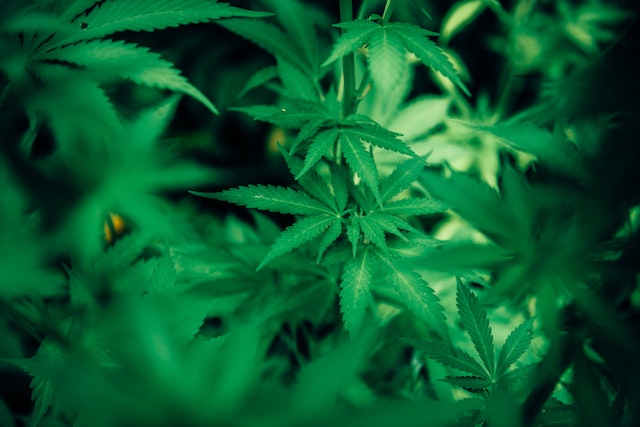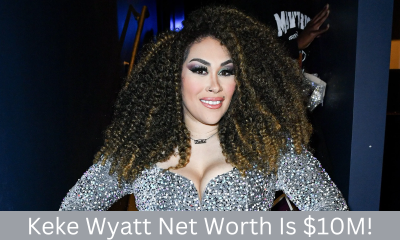misc
How Educating About Cannabis Can Lead to a Healthier Society

When we speak of cannabis, a flurry of images and stereotypes may come to mind. From its recreational uses to its medicinal benefits, cannabis often resides in a gray area, shadowed by misconceptions. Yet, as society evolves, so does our understanding of this plant and its myriad applications. It’s an herb shrouded in mystery, often misunderstood and maligned. This post delves into the global and U.S. landscapes of cannabis regulation, spotlighting Mississippi as a case in point. We will explore the complex reality of cannabis laws, demonstrating how well-crafted policies can reflect a balanced approach. As we journey together, we’ll uncover how informed education on cannabis can pave the way for a healthier and more understanding society.
The Global Perspective on Cannabis
Globally, cannabis occupies diverse legal statuses. Some nations celebrate its use, while others denounce it. Countries like Canada have fully legalized its recreational use, while in many parts of Asia, possession can result in severe penalties. Such varying regulations highlight the dynamic nature of global attitudes and policies regarding cannabis. There’s a ripple effect here, with policies in one region affecting attitudes in another. The essential takeaway? One nation’s policy can significantly influence another, making international perspectives vital. By examining how different cultures approach cannabis, we can foster a more cohesive and respectful global dialogue.
The State of Cannabis Laws in the United States
Rewind a few decades, and the U.S. viewed cannabis through a lens of apprehension. The old “war on drugs” stance has morphed into a more nuanced approach, reflecting societal shifts. However, the turn of the century marked an evident shift. The federal stance is clear — cannabis remains illegal. But as individual states take the helm, a mosaic of laws emerges. States like California embrace both medicinal and recreational usage. Others restrict its use, creating a complex jigsaw puzzle of regulation. The complexity of these laws can often be daunting, yet it’s a reflection of a democratic society in action, where the needs and values of individual states are respected and honored.
Spotlight on Mississippi
Enter Mississippi, a state that doesn’t fit neatly into the recreational or strictly prohibited category. Instead, Mississippi extends an olive branch only to those seeking cannabis for medical purposes. Here, the law emphasizes compassion, care, and responsible control. To use cannabis here, one must navigate the Mississippi medical marijuana card application process. The significance? A doctor’s evaluation takes center stage, ensuring that the user genuinely requires the plant for health reasons. This meticulous approach, balancing accessibility with caution, mirrors the broader trend of U.S. states tiptoeing towards acceptance while ensuring safety. Mississippi’s example teaches us that careful regulation and thoughtful consideration of medical needs can lead to a compassionate and logical approach to cannabis.
The Impact of Education on Cannabis Perception
Change in societal attitudes doesn’t occur in isolation. Education, a potent tool, has been instrumental in reshaping our perceptions of cannabis. Informed decisions, anchored in fact rather than fiction, foster healthier lifestyles. Through public awareness campaigns, seminars, workshops, and even educational courses in schools and colleges, society’s outlook on cannabis can be transformed. An educated society can sift through myths, leading to policies that prioritize public health over prejudice. The importance of ongoing education is paramount, as it not only helps break down barriers but builds bridges of understanding and compassion.
Moving Forward – The Future of Cannabis Education
Yet, the road ahead is undulating. Challenges persist. Potential barriers, ranging from outdated stereotypes to logistical issues, loom large. But solutions exist. Strategies emphasizing public awareness, coupled with collaborative efforts from schools, media, and governmental bodies, can bridge gaps. By engaging experts, launching public awareness campaigns, encouraging research, and fostering open discussions, we can turn the tide. By harnessing the collective power of community organizations, we can nurture a society that’s both informed and empathetic. The task may be great, but the reward is greater still: a society that embraces knowledge, understanding, and compassion.
Conclusion
Cannabis, often a topic of contention, is slowly shedding its taboo cloak, emerging as a subject warranting understanding and responsible dialogue. As we’ve seen, from the global stage to the intimate corners of Mississippi, the path to acceptance is intertwined with education. The journey toward accepting cannabis in our society is an ongoing process, filled with complexities, misconceptions, and hard-won victories.
In essence, a well-informed society isn’t just a dream. It’s a tangible goal, achievable through continuous learning, dialogue, and an unwavering commitment to truth. So, let’s pledge to stay informed, challenge myths, and advocate for a world where cannabis, understood in its entirety, plays a role in a healthier society. The future is in our hands, and education is the key that will unlock a new era of understanding and acceptance.





















































